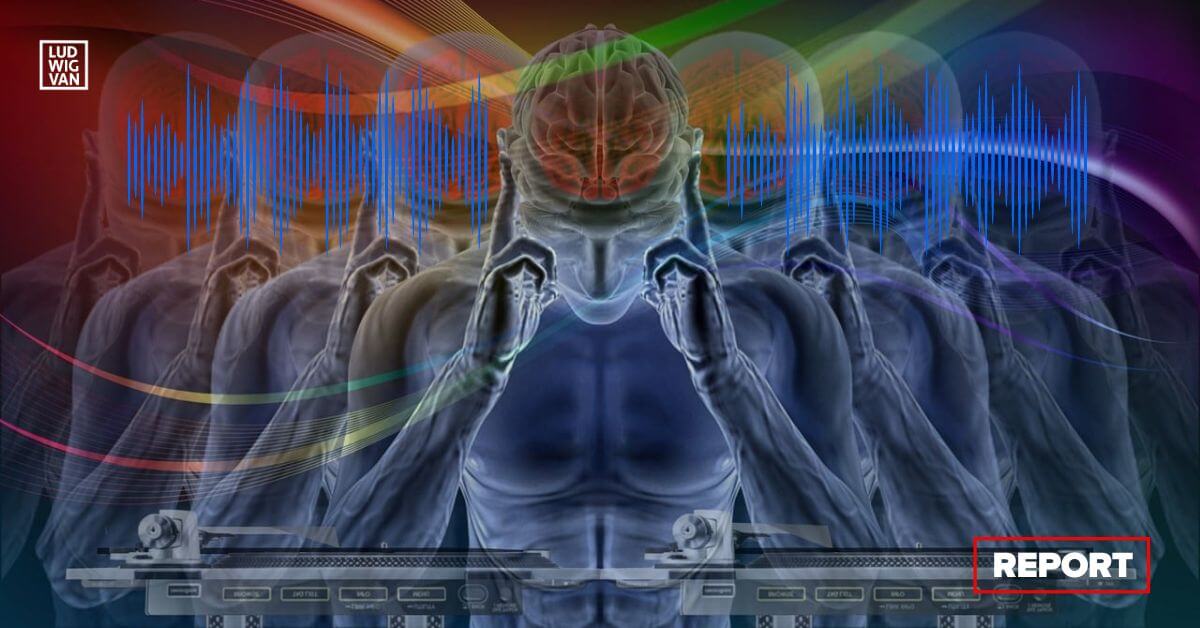
[ad_1]

Music exists in just about each human society in a single kind or one other, and shares sure acoustic options throughout many modes of expression. It’s processed within the mind by particular neural circuits, and that occurs no matter any musical coaching.
Simply how that each one occurs, although, stays unclear. That’s the main target of a brand new examine by Korean researchers.
Researchers from the Korea Superior Institute of Science and Know-how used synthetic intelligence (AI) to develop a mannequin that produced attention-grabbing information suggesting music processing is an innate a part of mind growth.
Revealed within the January concern of Nature journal, the paper is titled Spontaneous emergence of rudimentary music detectors in deep neural networks.
Music is Innate: The Examine
The researchers created a synthetic deep neural community (DNN), designed to duplicate the perform of neural networks within the human mind. DNNs have been utilized in latest research to look into mind and neural functioning. The researchers first fed their DNN a sequence of 17,585 take a look at information of pure sounds, together with speech, music, canines barking, site visitors, and so forth.
Not surprisingly to the authors, the DNN developed a definite technique of processing music.
After they left the music out of the coaching information, nevertheless, the outcomes had been the identical.
In different phrases, with out understanding something about music, the AI mannequin acknowledged… music (or, extra precisely put, primary musical patterns).
Others have advised that the mind learns to acknowledge music by way of publicity. Even earlier than delivery, infants within the womb can hear, explaining the way in which newborns appear to react to music – or in order that idea goes. A number of doable situations had been examined within the present examine, however the information informed the identical story.
The info for processing music emerges as distinct from some other sound, simply because it does within the human mind. Particular populations of neurons reply to music.
What does it imply?
The evidenced that emerged from the examine factors to the concept our brains can develop the neural circuits to course of music spontaneously. It appears to happen as a pure a part of the way in which the mind learns to course of all pure sounds.
The researchers posit that this innate musical processing equipment, pushed by evolutionary strain, would additionally clarify why some non-human species additionally understand and react to music. Rhesus monkeys, for instance, can discern octaves, and ferrets can understand two-tone sequences, amongst others. Neurons within the auditory cortex of all primates reply to pitch and concord.
On the coronary heart of the analysis is the notion that adapting to our surroundings high-quality tunes particular capabilities within the mind, reminiscent of processing sound. That’s why music is common.
It’s a glimpse into the innate workings of the mind.
Are you seeking to promote an occasion? Have a information tip? Have to know one of the best occasions taking place this weekend? Ship us a be aware.
#LUDWIGVAN
Get the each day arts information straight to your inbox.
Join the Ludwig Van Toronto e-Blast! — native classical music and opera information straight to your inbox HERE.
[ad_2]